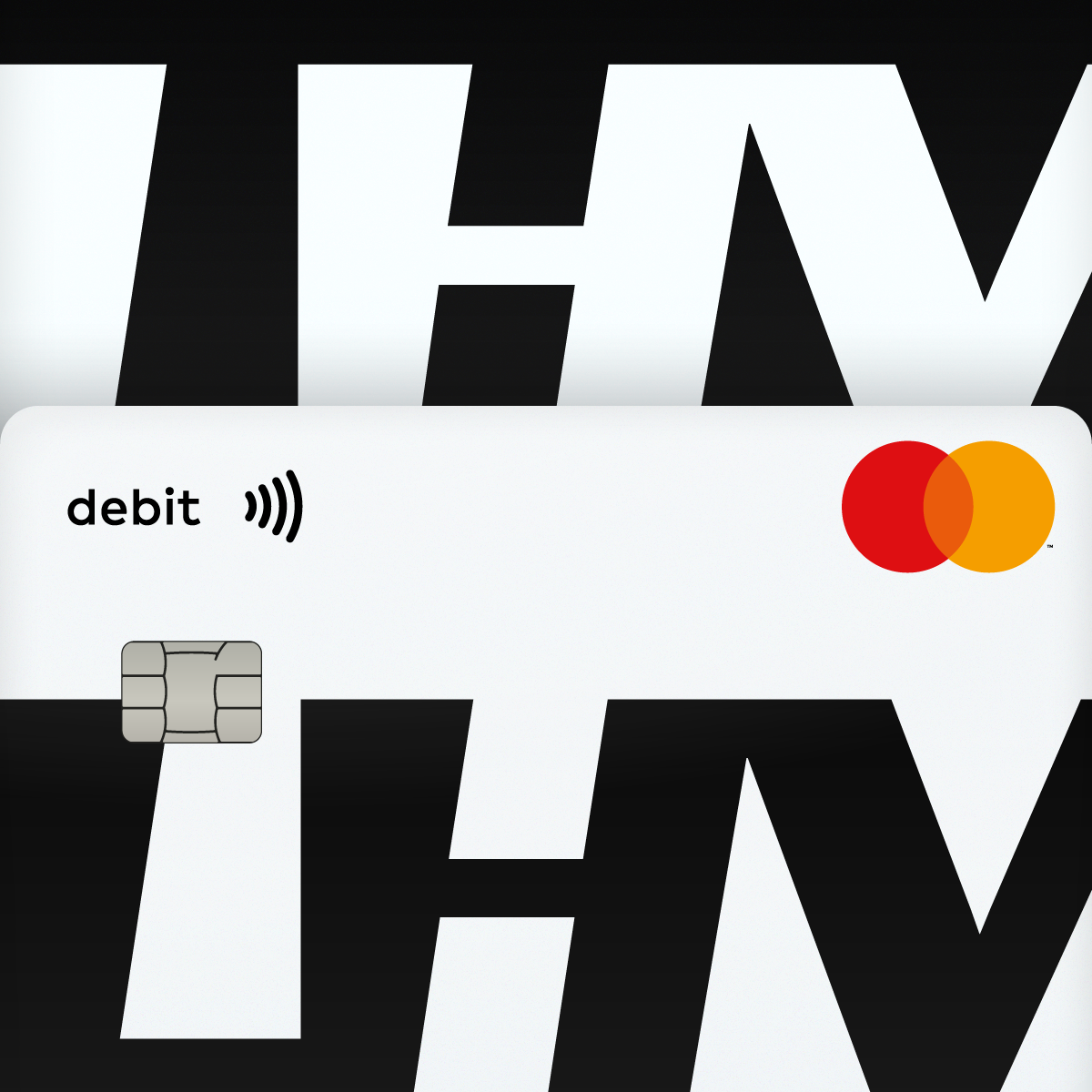
Five reasons to begin investing for your child at the start of school
30. august 2024The beginning of a school year is a natural starting point for forming new habits and making financial plans. Even more remarkable is the start of a new school grade, or even the entire school journey.
Starting school is the perfect time to form new habits, be it waking up early, doing homework or starting to invest. Just as sports clubs start training and hobby groups begin their activities, parents can start planning with their children, building up a buffer for their future by investing. This helps children understand the value of money and the importance of long-term financial planning. In addition, it gives early knowledge that money is not only for spending but can also be used to secure the future and achieve bigger goals.
Emphasis is placed on education and awareness-raising among both children and parents
The start of school brings with it new subjects and knowledge, as well as the opportunity to raise awareness of financial literacy. Most schools do not teach financial literacy, so it is a good opportunity to watch LHV Investment School seminars on YouTube with your child, for example. This way, parents can also spend productive time with their child and understand how money grows over time. Awareness acquired through education helps to make smarter financial decisions in the future and avoid common mistakes that may occur in financial matters. The sooner a child learns how to handle money, the better they are prepared for the future and independence.
By starting early, time is on your side
The economic cycle usually lasts about 10 years. During this time, the stock markets rise and fall, and the investor experiences both euphoria and despair. When investing money on a continuous and long-term basis, the investor gets a share of both, but considering the long-term 8–12% annual return of the stock markets, it could still be a plus. In the first years, there is no point in worrying too much about the return because the biggest part of portfolio growth is made up of money paid into it. This way, there is also a good opportunity to buy the same securities at a cheaper price in the event of a decline and hopefully get a share of future growth.
Do you remember how you ran out of money on holiday?
For many families, the summer holidays are a time when you spend more than usual. This can lead to financial difficulties immediately after the end of the holidays. Autumn is the ideal time to analyse summer spending and draw conclusions on how to better plan it in the future. Starting to invest and thus build up a financial buffer helps to ensure that future holidays and unexpected expenses do not cause financial difficulties. This provides a sense of financial security and ensures that the family always has sufficient resources, even if unexpected expenses should arise.
500 euros already raised for Christmas
At least for the average wage earner, setting aside 10% of their income could be a perfectly manageable task. This is also my challenge to you – to set aside at least 10% of your income at the beginning of the month. Taking into account the average salary in Estonia (1894 gross), approximately 1490 euros could be received in the bank account as a result of joining the funded pension and considering other deductions. Setting aside 149 euros of this should not be too much for most families. And money doesn’t disappear when you save it, does it? It simply earns a return on another account and can always be withdrawn when needed. This amount can be of great help during Christmas or allow you to make larger purchases without financial strain.
Regular saving and investing teaches children discipline and consistency, showing how small steps can achieve big goals. Starting to invest at the beginning of the school year is, therefore, a wise step that helps to build a solid financial foundation and teaches children valuable skills that will serve them throughout their lives.
 Cards for business clients from Mastercard – more possibilities and advantages for your enterprise28. november 2024Banking/Business culture
Cards for business clients from Mastercard – more possibilities and advantages for your enterprise28. november 2024Banking/Business culture Payment limits and vigilance: make your online purchases more secure20. november 2024Financial wisdom
Payment limits and vigilance: make your online purchases more secure20. november 2024Financial wisdom Vahur Vallistu: ‘A good way to increase your savings rate is by increasing your contributions to the II pension pillar!’19. november 2024Financial wisdom/Pension
Vahur Vallistu: ‘A good way to increase your savings rate is by increasing your contributions to the II pension pillar!’19. november 2024Financial wisdom/Pension
